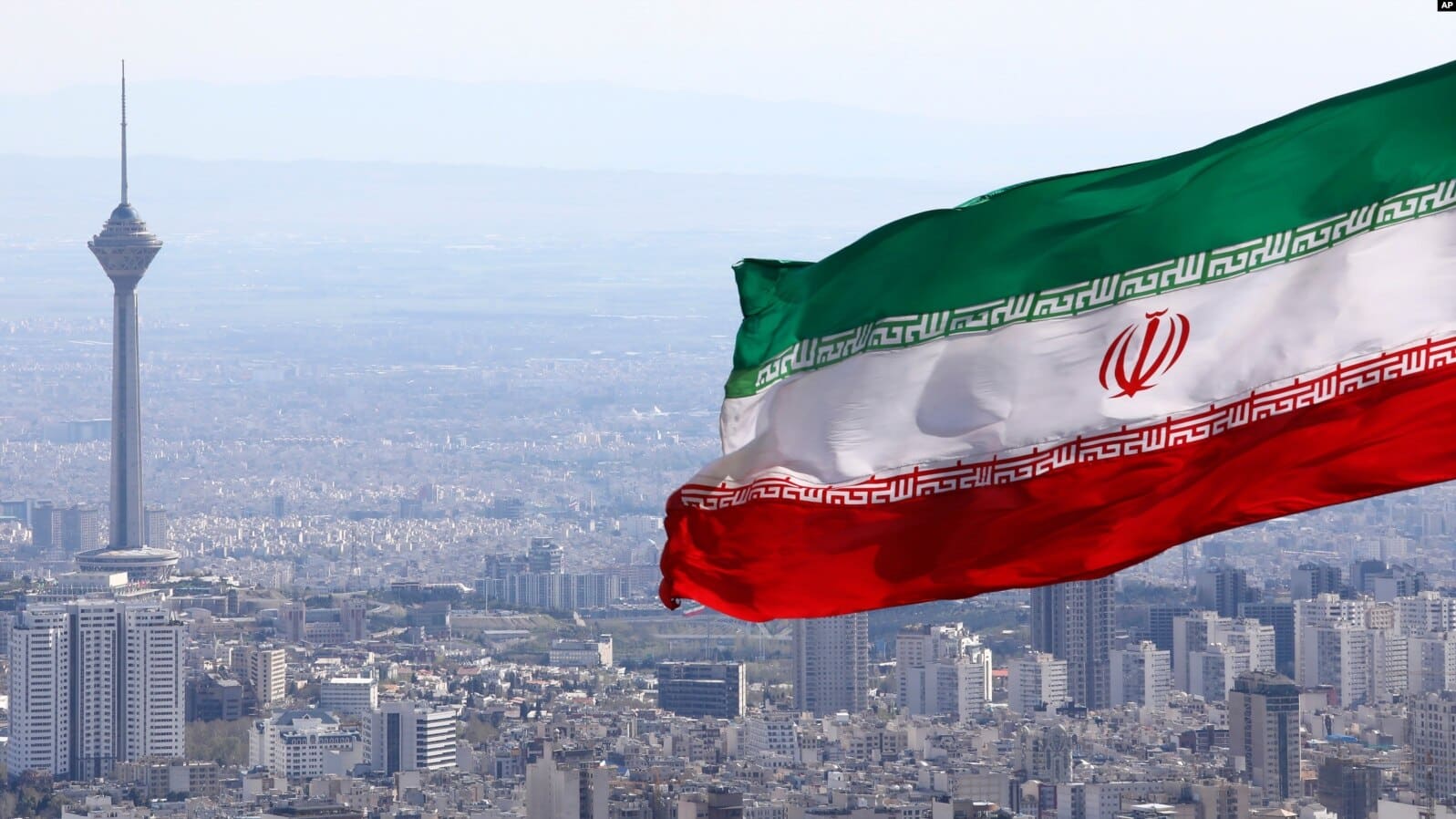The IAEA’s issues with uranium particles in Iran remain unresolved, with the body voting once again to condemn the Iranian Republic for “lack of cooperation” on the questions of the particles. This is the second condemnation and both China and Russia voted against it.
The allegation isn’t really factually correct. Iran has cooperated several times over the particles, providing the IAEA access to sites, and attempting to explain them. The US rejected the explanation, and insisted that the IAEA do so as well. That left the matter unresolved, and so the West has been able to bring up the matter for condemnation every once in awhile.
Since Iran offered an explanation and didn’t accomplish anything, they are now very reluctant to engage on that specific matter, considering it unresolvable in practical terms.
The problem is, the US, in particular has demanded the resolution of outstanding issues in the nuclear talks, but the actions on the particles mean it will always be a pretext to not finalize a deal.
When the IAEA originally announced the finding of unprocessed uranium particles, there seemed at least some speculation that IAEA inspectors had accidentally contaminated the site.
Even then, trace particles of raw (unenriched) uranium is not a proliferation risk in and of itself, so but for the US and EU wanting to make it an issue, it broadly doesn’t matter.
At the root of the scandal is Israel as the particles were “found” at Israel-alleged undeclared sites, so making them an issue serves to vindicate Israel’s accusations.
Iran denied the sites were ever nuclear-related, and were closed industrial sites. The sites were closed and cleaned, which fueled claims of a cover up.
This article was originally featured at Antiwar.com and is republished with permission.

































